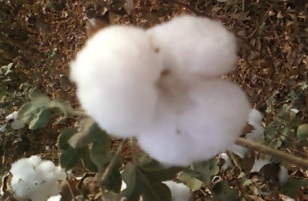Textile Exchange (TE), a US-based international non-profit organisation committed to a more sustainable textile industry, has recently announced the release of an online tool for the textile industry that measures the environmental, economic and social aspects of organic cotton production, according to an online publicity website.

The Organic Cotton Sustainability Assessment Tool (OC-SAT) is the first mechanism in the industry to provide an all-encompassing view of organic cotton’s benefits. While the tool has been tested on organic cotton, the assessment framework could be developed for other initiatives in the sector. Textile Exchange will hold an interactive webinar to review the OC-SAT on April 22.
The OC-SAT is part of Textile Exchange’s continuing effort to chart tangible data on organic cotton cultivation. In 2014, TE commissioned PE International to conduct a global life cycle assessment (LCA) of organic cotton. The LCA showed the quantifiable environmental benefits of organic cotton cultivation including significant reduction in global warming potential, energy demand, water use, and soil erosion. The LCA has boosted the organic cotton agenda because it provided much-needed hard facts and scientific evidence.
The framework for the OC-SAT was developed in line with the work of the Committee on Sustainability Assessment (COSA) and the Food and Agriculture Organisation (FAO) of the United Nations as well as other organisations that have spearheaded this new science of broader sustainability assessment.
Textile Exchange has released a “Phase 1” report that covers the key findings of the OC-SAT with data from eight countries (Benin, Burkina Faso, China, India, Mali, Senegal, Tanzania, and Turkey). TE will complete the picture in 2015 as Phase Two will explore the remaining organic cotton producing regions including Latin America, United States, Egypt and Central Asia.





